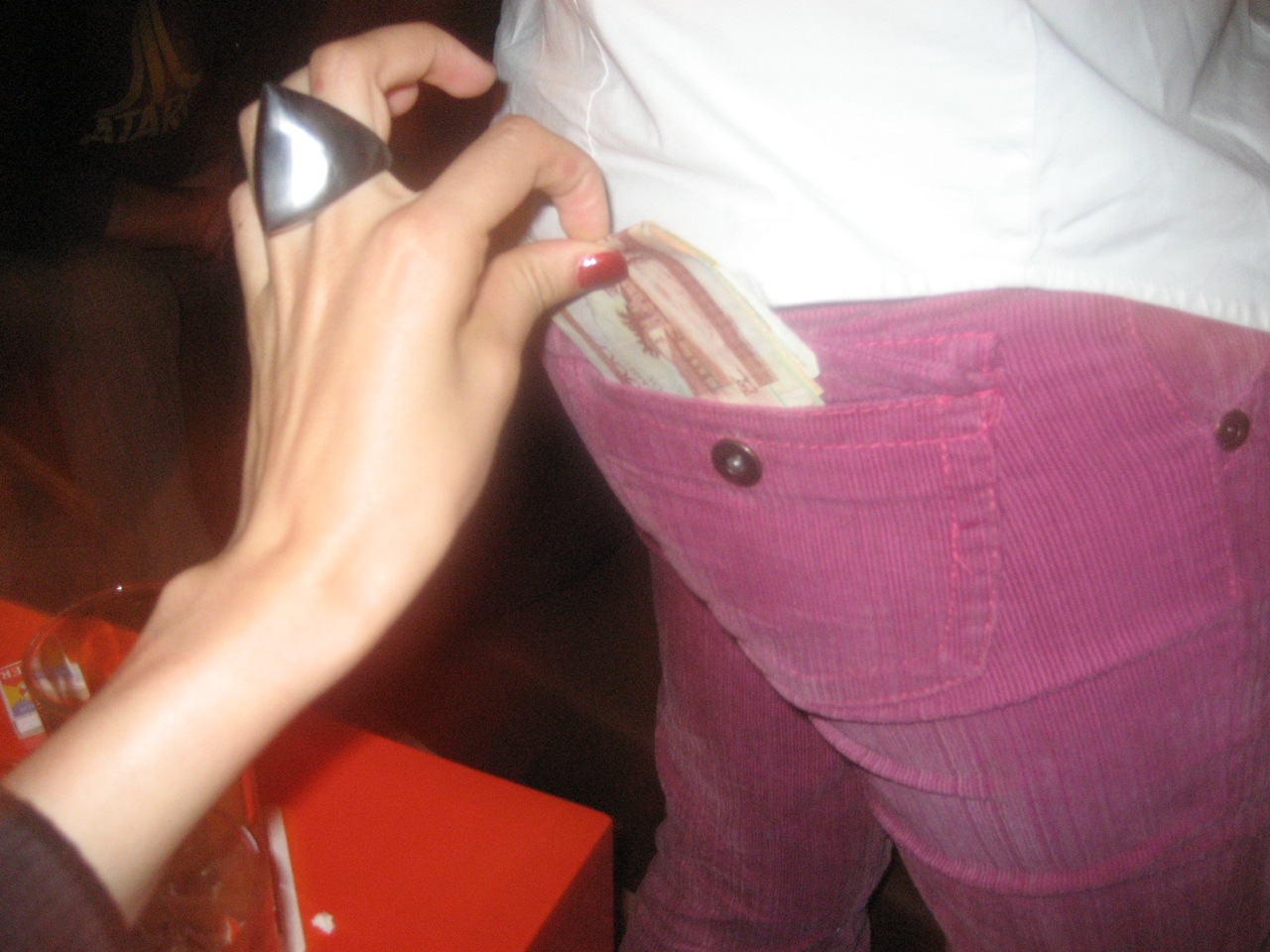Throughout my years as a professional golfer, I was lucky to spend all of my waking hours in the pursuit of improvement. Day after day spent on the golf course playing and practicing allowed me some wonderful competetive experiences and accomplishments. I learned a lot about practicing during my career, and continue to learn as much as possible about the process.
What are the ingredients? To start, incentive. Having a reason to help focus your practice is valuable, maybe the most valuable piece of the puzzle. I have a friend who is just starting to pick up the game and he's got a clear incentive, to beat someone he knows that plays a lot of golf. Every time you go get a bucket of balls or take 10 minutes to practice something at home, the reason is clear and more important, motivating. Once you've got a great reason, this is what the framework looks like.
1. Find an instructor.
2. Assess your ability.
3. Make a plan.
4. Work.
5. Repeat starting at #2, and if you're not happy with the instructor, #1.
Getting better, real improvement, is as much a mental drain as a physical drain. In my experience, you have to change what you're doing in some capacity to get better. All of us from the first day we started playing golf, have made changes to get better. These changes take guidance, focus, practice, and committment to implement and make your own. To me, this is the cost of doing business. Usually, comfortable means nothing is different, uncomfortable means you're on the right track.
So, with the ingredients defined, and a bit of the process understood, what next? Well, I'm a bit of details guy so probably something like this. Pull your car into chosen practice facility and scoop up some ammo. Once you've lugged all the tools into place and have a good piece of turf or mat, here's where the work begins.
I'll use the grip as an example. You've previously spent a half hour or hour with an instructor and he/she has recommended a change in your grip. Grab a club you like, rake 5 range balls into a pile seperate from the stack, and have a goal for just those 5 range balls. My inner voice would sound something like this, "For these 5 range balls, I am going to be as meticulous as possible in getting my hands on the club. Once I am satisfied the grip is in the right spot, I'll hit a shot, with no concern where the ball goes. I'm working on my grip, nothing else."
This takes thought. Concentration. Focus. Committment. Sound like ingredients for success in any other areas of life? For a great round of golf? This process is not easy. It takes practice. You have to train yourself to practice in the right way and once you do, you will accomplish more in a shorter period of time.
If 5 range balls is all your capable of the first time out, congratulations, you've made the first step in truly learning how to get the most out of your practice. Another useful technique as you become more accomplished with this method is to jump around in 5 ball increments. First 5 range balls, grip. Second 5 range balls, posture. You get the picture.
I love finding real life stories about people who excel, and have benefited from being great and consistent practicers. Take this story from the New Yorker about Apollo Robbins, maybe the best pickpocket in the world and how he honed his craft.
"Robbins describes his years at Caesar’s Magical Empire, where he worked from 1998 until it closed, in 2002, as his “college and graduate-school education” in picking pockets. His job was to dress as a wizard and provide seven minutes of entertainment for tourists waiting to be led to dinner by a toga-clad hostess. “I decided I wouldn’t do any magic tricks—just stealing,” Robbins said. “That way, I had to work without a net.” He estimates that he met twenty-four people during every show, and that he stole something from three of them. At six shows an hour, five hours a day, five days a week, forty weeks a year, that works out to at least eighty-one thousand pockets picked. “It was a hyper-learning experience,” he said."
When learning or refining a skill, feedback is vitally important. Although Robbins form of feedback is a bit unusual, I can't think of anything that would have taught him better than stealing things from people day after day, for years. Get caught? Pretty embarassing, and not very impressive.
Another great example from Cal Newport, MIT grad, Georgetown professor, and author of So Good They Can't Ignore You, Why Skills Trump Passion In The Quest For Work You Love. Jordan is a friend of Cal's who started playing the guitar at the same age. This is Cal's description of Jordan's practice habits.
Watching Jordan's current practice regime, these traits--strain and feedback--remain central. To get up to speed on the wide picking style he needs for his new tune, he keeps adjusting the speed of his practicing to a point just past where he's comfortable. When he hits a wrong note, he immediately stops and starts over, providing instant feedback for himself. While practicing, the strain on his face and that gasping nature of his breaths can be uncomfortable even to watch--I can't imagine what it feels like to actually do. But Jordan is happy to practice like this for hours at a time.
While you're working on your game, you need to find forms of feedback. Our feel, mine included, can mislead us, so if you don't have someone watching you hit balls, have your instructor give you some drills/methods that provide feedback.
Praciticing the right way, takes practice. Start small, build a practicing base, and reap the benefits of your hard work!

Tweet Google+

Leave your comment